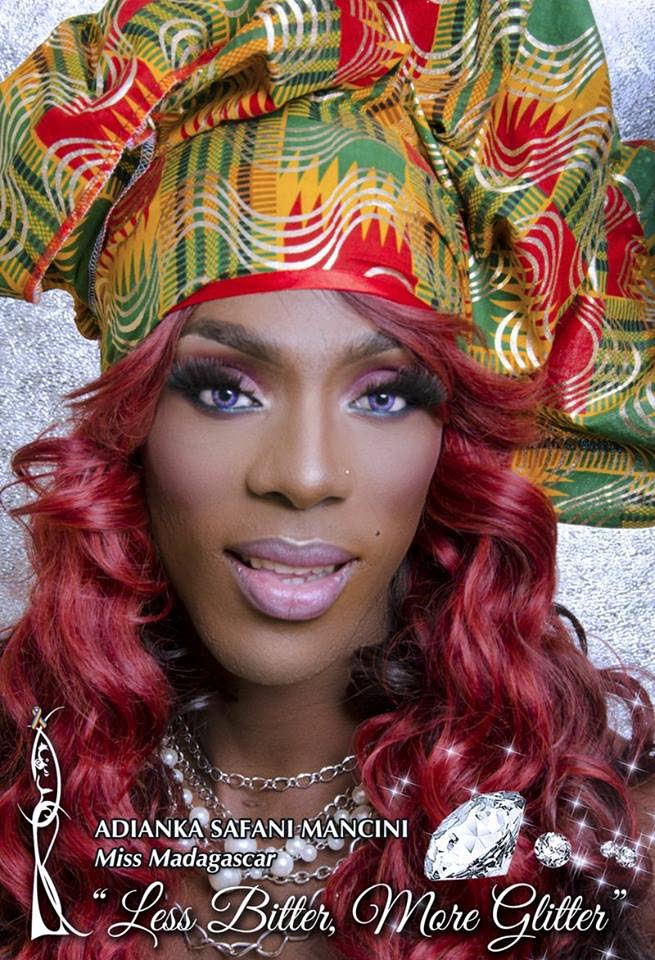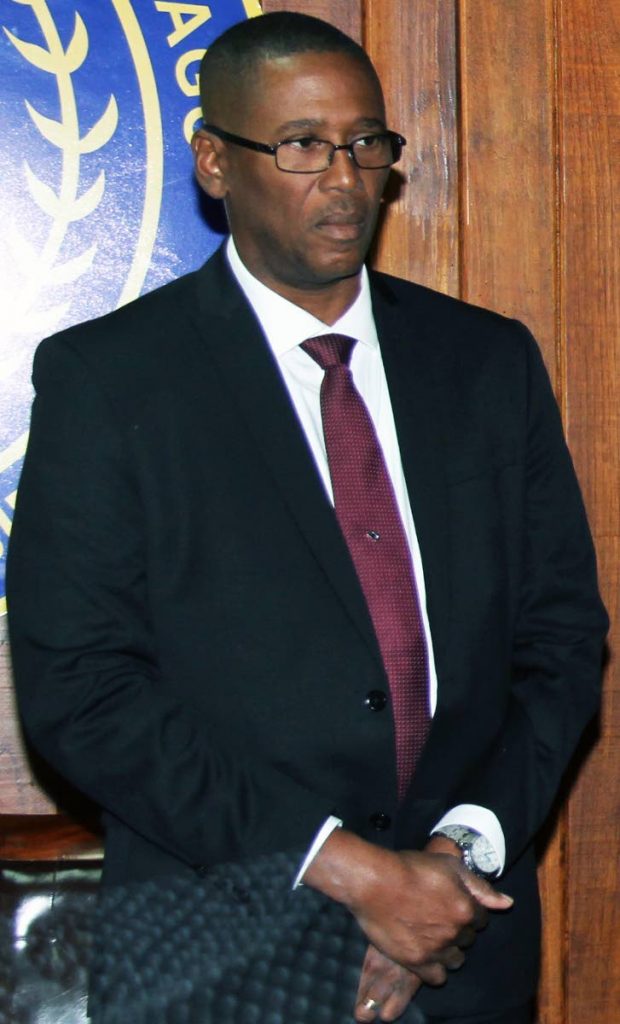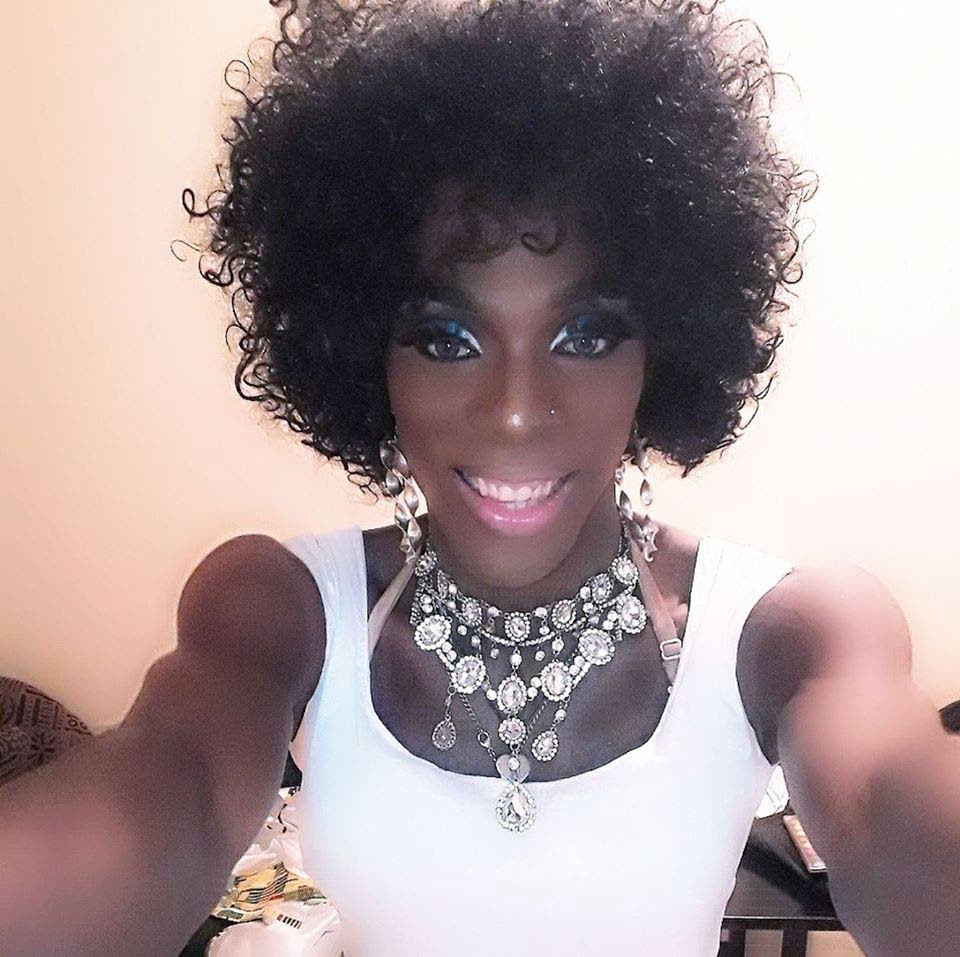Chief Justice laments murder of Sasha Fierce, calls it a hate crime

Chief Justice Ivor Archie yesterday said he had no doubt that the recent murder of transgender woman Sasha Fierce was a hate crime.
Fierce, whose given name is Keon Allister Patterson, was killed at Nelson Mandela Park, St Clair, on Tuesday night. Police found her body with several gunshot wounds in a pile of rubbish.
Speaking at the launch of the Human Rights Development Trinidad and Tobago at the Hall of Justice, Port-of-Spain, Archie said discrimination against people’s sexual orientation or how they self-identify was no secret in the Caribbean.
He said the country needed to have a conversation about discrimination but society sorely lacked forums and safe spaces to hold such discussions.
“It behoves all of us to constantly enquire and be mindful of whether, as a substantive outcome, genuine equity in treatment is the lived experience of the persons with whom we come into contact every day.”
The Chief Justice said society had the habit of defining human beings by their “otherness” which reinforced stereotypes that perpetuated discrimination, despite the appearance of tolerance and harmony. “I actually think that we need to revisit our national watchwords and move from ‘tolerance’ towards ‘acceptance’ because we are perfectly capable of tolerating that which we secretly or even openly despise.

“The truth is that we still live in a society riven by deep structural inequalities on the basis of sex, race, ability and other prohibited or unstated grounds of discrimination. The beginning of true development must be the kinds of conversations that we are having today.”
He added that, in all the talks about human right and freedoms, “In Trinidad and Tobago simply asserting one’s right to be and express oneself can come at a terribly high price.”
Archie said discrimination may have many different causes and could be aimed at people of different origins including racial, ethnic, national, social, cultural, linguistic or religious origin. It could also affect people with disabilities, the elderly, or people living with HIV or AIDS.
“Any discriminatory practices always affect victims in a profoundly negative way because it constitute a denial of their distinctive human characteristics and thus negates their intrinsic right to be different among human beings who all have equal value, independently of the colour of our skin, our origin, gender, religion and so forth.”
He said all the time and energy used in forcing people to conform to expectations, as well as energy adopting defensive or defiant postures, deprived society of creative and productive energy that should be used for the country’s development.

While no one could truly know what it was like to be another person, observed Archie, people could at least try by having open, accepting conversations.
Failure to do so, he said, could have “profound implications for our well-being.” For example, he said, as a judge, he had to understand both his biases and those of others or else his conclusions would not necessarily be based on the reality before him. He also said the true test of a mature democracy was not whether or not the will of the majority was expressed, but the recognition and respect for the voices of minorities and those marginalised.
Therefore, he said, to understand the requirements of equality, everyone should continually and regularly update their education in order to be “sensitive to insidious forms of discrimination, hone our ability to critically evaluate existing and evolving concepts of equality, and develop our capacity to formulate new methods of thought and understanding.”

Comments
"Chief Justice laments murder of Sasha Fierce, calls it a hate crime"